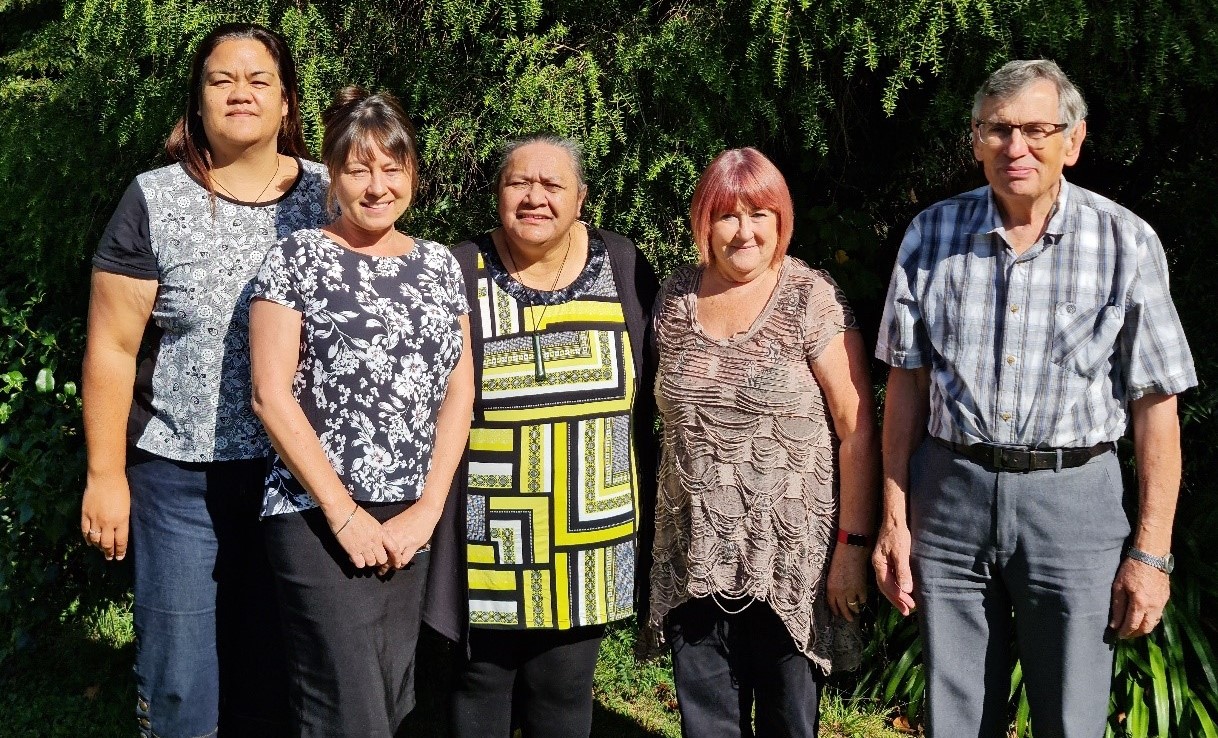
While home economics and vocational courses at high school give students practical skills to help set them up for life, a Waikato service says managing money also needs to be taught.
Catholic Family Support Services (CFSS) Team Leader Financial Mentoring Services Di LeBas says many of the people she supports would benefit from more education around building financial capability – much earlier than it’s happening.
“I see that there is a real need for education around managing money, and this does not seem to be taught in schools, so clients come to us without any real knowledge of how to even put together a budget,” she says.
The Hamilton-based home help service has been running since 1973. The service then transitioned to a family support service in 1980.
Due to the economic downturn in 2009 the service responded by providing clients with building financial capability assistance. Six people were trained, and one of the original trainees still remains with the service today – that’s Di.
Looking back over the last decade, Di says issues clients now seem to face are much more complex. This is particularly evident in the mental health space: “they just can’t seem to find way out of their financial situation”.
Di says power arrears are a major contributing factor to financial hardship. The Winter Energy Payment is very helpful, but it would be good if everybody who receives this applies it to their power account.
She also says the energy supplier power credit initiative offering $120 to people struggling to pay their power bill during COVID-19 has been a huge help.
KiwiSaver hardship applications and insolvency applications are now part of their norm.
CFSS Manager Renee Rewi says they offer a holistic service but unfortunately people tend to contact them when they’re already in crisis, rather than before when there are more options.
“We are also fortunate enough to be involved in the Hamilton Combined Christian Foodbank, through which we can support clients with food when they have exhausted their entitlements through Work and Income,” says Di.
“Quite often if a client cannot pay for car registration, we can set up a food parcel schedule in order for them to put money aside for the vehicle registration.”
The service has a strong relationship with Ngā Tāngata Microfinance who offer interest free loans of up to $3,000 to pay off high interest loans or consolidate many small loans.
From 1 July 2019 to 30 June 2020, CFSS helped 310 families and of those, 168 were one-off visits.
Most of these people are self-referred after hearing about the service through whānau or friends, or by other organisations in the community.
While it’s great people are recognising they need support with their finances, Di and Renee say there is a real need to educate the community about how they can better manage their money.
As well as one-on-one mentoring, the service also offers MoneyMates sessions for the community to help build their knowledge.
“This is where the MoneyMates modules are very helpful for clients – they can learn how to differentiate what a need or a want is and apply it to their everyday financial situation,” says Di.
The importance of building financial capability seems to be coming more prominent.
Earlier this year, the Commission for Financial Capability launched its achievement standard resources through its Sorted in Schools programme.
Di says they often use their own personal experiences to help teach people about their finance and they often pass this knowledge on to our clients.
“We’re extremely passionate being Financial Mentors is that working here is a vocation and we enjoy working with clients, who just need that extra little bit of encouragement to steer them in the right direction where their finances are concerned.”
You can contact Catholic Family Support Services on admin@cfss.org.nz or call the MoneyTalks helpline on 0800 354 123 if you need more support.
